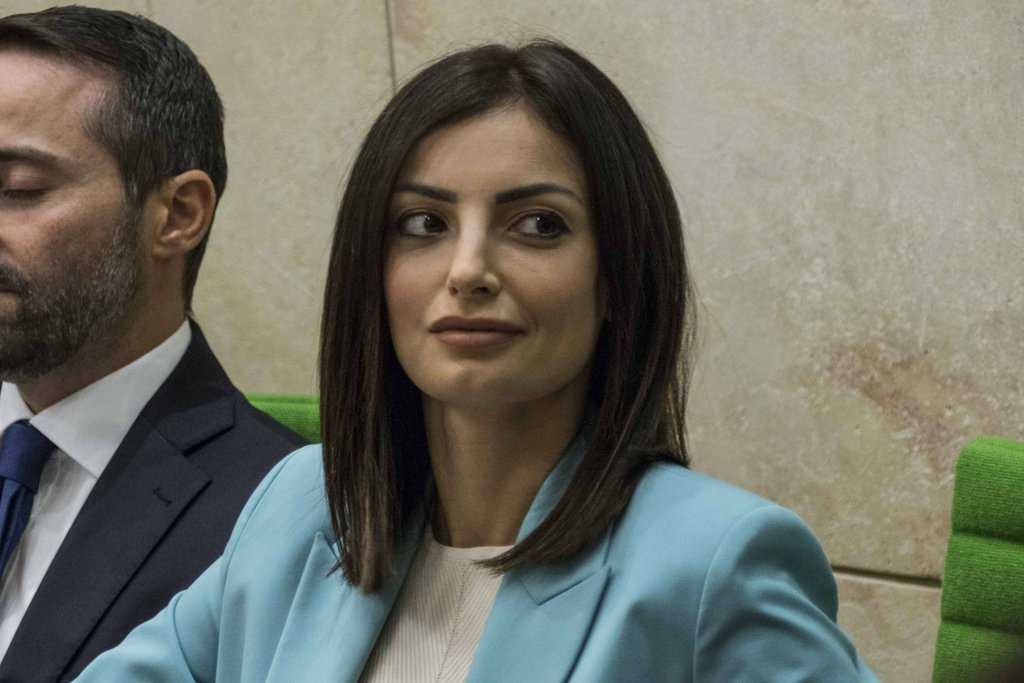
I am trying not to publicly convulse at the soft porn within the Cutajar-Fenech chats though I’m not above a little private face-palming. But I hear the qualms of people wondering whether we should be invading the privacy of anyone, even a corrupt MP who took payments to make speeches in Parliament and openly admits to ‘greedily’ ramping up salaries at the public’s expense and a man accused of killing a journalist to get away with his other crimes.
So perhaps we should remember why this very specific WhatsApp conversation came to light and not any other inappropriate WhatsApp chat history of any average, garden-variety adulterer.
Because those conversations were on the phone of Yorgen Fenech along with several others he had with people he never had sex with but whose political influence were a profitable asset for his criminal purposes.
So, you see, it does not matter all that much to anyone outside their personal lives if they did or didn’t have sex. What matters is that just in this case a politician’s serial lies have been exposed by evidence which is in most cases not available to their accusers.
If Daphne Caruana Galizia had not been killed, we’d never have seen these chats and likely we’d never have cared to. They could keep their privacy if only they could give up their role in ordering a murder and covering the fact up.
Is there anything in that dreary exchange of chats that suggests Rosianne Cutajar plotted or covered up the murder? No.
But. When she was having those conversations, she was also in Malta’s Parliament, in the Parliamentary Assembly of the Council of Europe, in public in Malta rejecting the links everyone was making between Yorgen Fenech’s 17 Black and the killing of Daphne Caruana Galizia.
The news Yorgen Fenech owned 17 Black was already out in October 2018. In the summer of 2019 Rosianne Cutajar was telling Yorgen Fenech Malta was waiting for him.
The point is not whether she was blind with love. What matters to us is that she betrayed her function as a public official, being which, the chats clearly show, caused her no sense of responsibility or duty. When it became clear to her that she wouldn’t be promoted in government, she said she would take another public sector job in addition to the ones she had, just so she could boost her income. She cynically described that as a “ħniżrija”, an act of greed which was justified in indulging in merely by the fact that “everybody” did it.
That does not cause giggles in the way repeating the metaphors Yorgen Fenech used to describe Rosianne Cutajar’s thighs might. But doing so would elicit the wrong sort of disgust. This is not about the frailty of humans. This is about the extended involvement, the financial dependence, the conspiratorial proximity even behind the back of her own parliamentary and government colleagues, of a person in public life and in elected office with a man the whole country had good reasons to suspect killed a journalist to cover up his crimes.
The accident that her conversations were captured with the phone of her interlocutor when he was charged with murder is not merely a misfortune for her. It is a lucky strike for the oft frustrated right we all have, to know what our politicians do with the time we pay them to work for us.
Then there’s the other detail. When the information contained in the chats led to a journalist, Mark Camilleri, drawing reasonable conclusions from them in his analysis of the state of political affairs in Malta, she took the matter to the police.
It is not libel if it is true. That case continues.